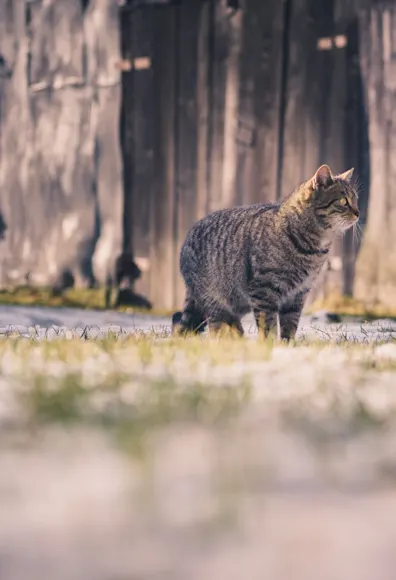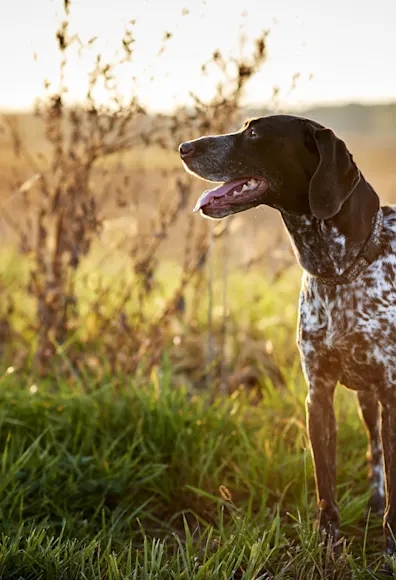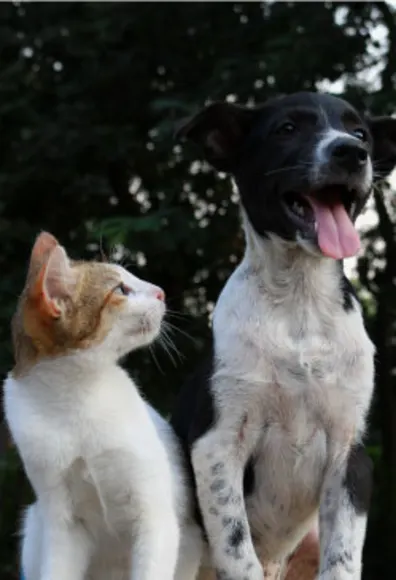Westside Animal Hospital

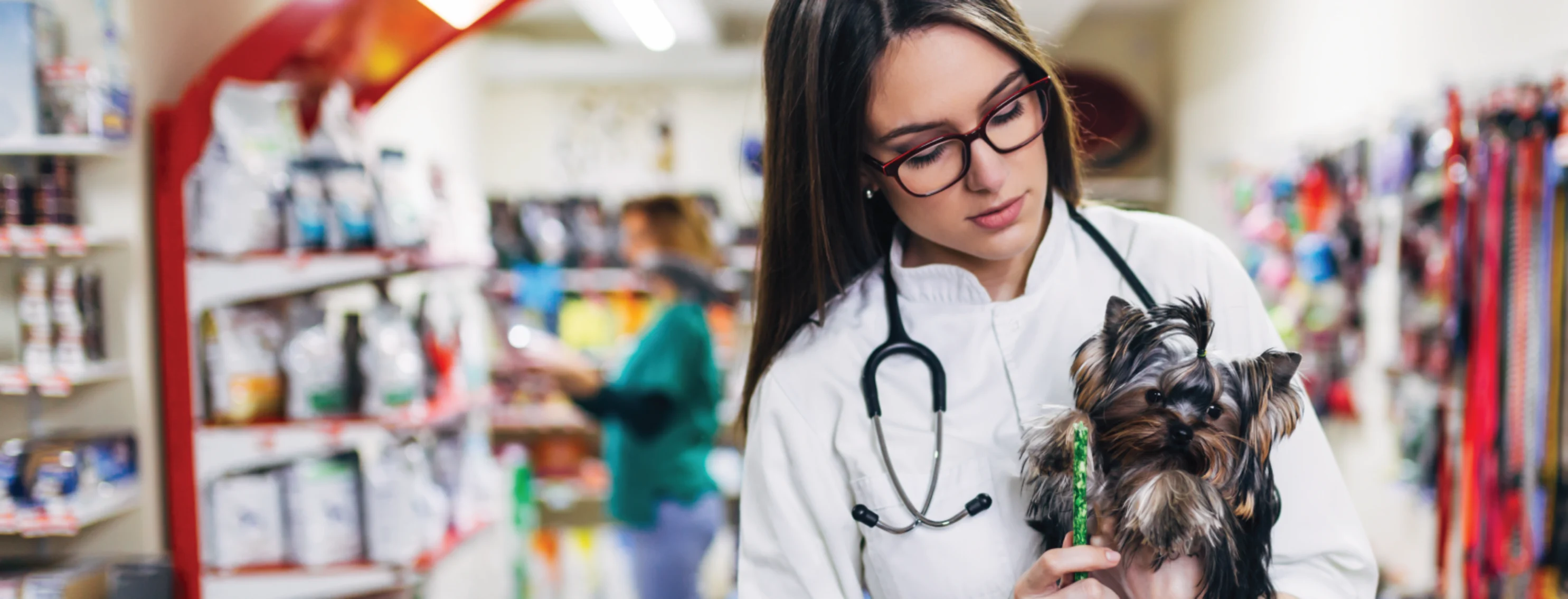
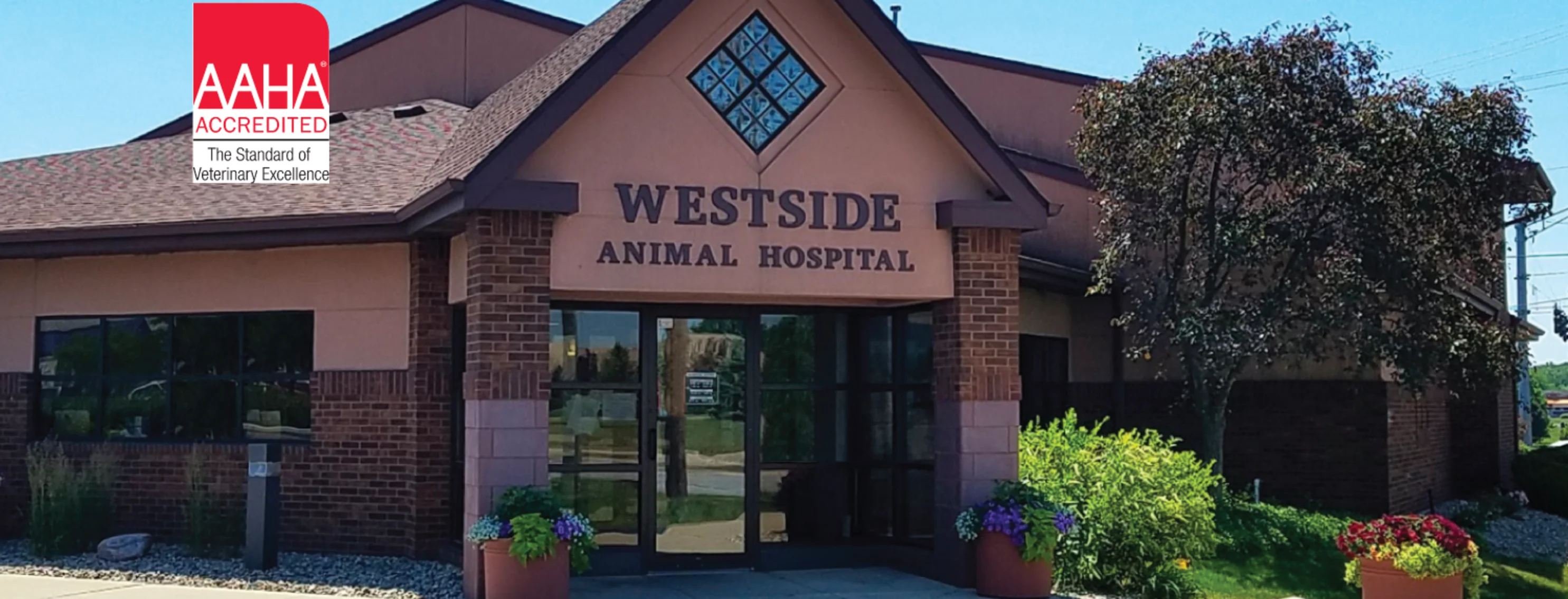
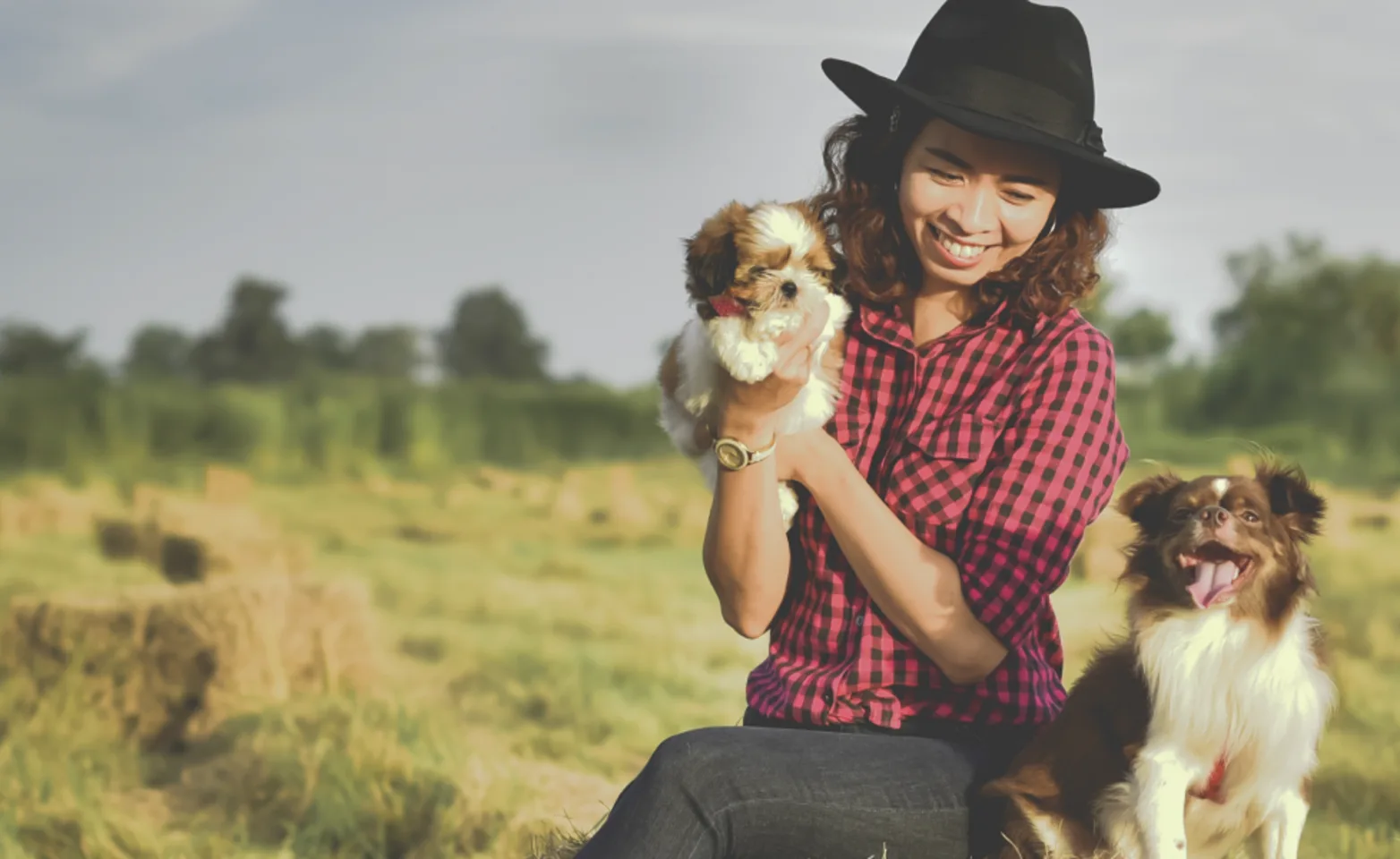
You Can Count On Us
Westside Animal Hospital is a full-service small animal veterinary hospital located in Fort Wayne, Indiana. Our location is convenient to the southwest (Aboite) area of Fort Wayne. Our state-of-the-art animal hospital features the latest in medical technology. Everything you may need for your pet is available in one place: including outpatient care, hospitalization, surgery, radiology, laboratory, ultrasound, pharmacy and grooming.
Complementing our beautiful facility and commitment to quality medicine, our compassionate approach to our patients is equally important. We treat every pet as if it were our own. You will quickly discover what makes Westside Animal Hospital such a special place: that rare combination of modern medical care, personalized attention, and extraordinary service.
Client Testimonials & Reviews
Our staff at Westside Animal Hospital values feedback from our clients. Here is just a small sample of the hundreds of happy and healthy pets that we have cared for since 1957.
